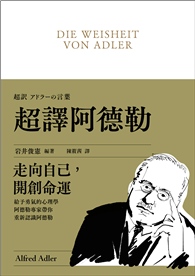This overview of Luther’s thought proceeds from the perspective of his use of the Latin preposition coram, "face-to-face with." Preeminent Luther scholar Robert Kolb proposes that under Luther’s use of dominant ancient concepts of reality in his day, he placed the foundation of relationships. These relationships included the fundamental relationship of the Creator with every person and thing he made, along with all those relationships stemming from ordering his creation by his creative Word. With Luther’s emphasis on the personal nature of the Creator, who continues to re-create by speaking in the absolution of sinners, he taught that believers experience life’s realities in relationship (1) to the hidden God; (2) to sin, death, and Satan; (3) to the revealed God as Trinity and incarnate; (4) to the revealed God who becomes present in believers’ lives through oral, written, and sacramental forms of his Word; (5) to their own self; (6) to the world both as God’s creature and as perverted tempter; and (7) to individual human beings in the context of their callings.
Chapters touching each of these relationships explore Luther’s thinking and his practice of the faith based on his trust in the Creator, Savior, and Sanctifier and love in service to the neighbor. Individual chapters explore these topics within the context of contemporary treatments of various aspects of Luther’s thought. A special focus of the study critically examines the ontological proposal of Tuomo Mannermaa and his students in Finland, offering as an alternative a better text-based assessment of what Luther’s views can mean for the church today.











